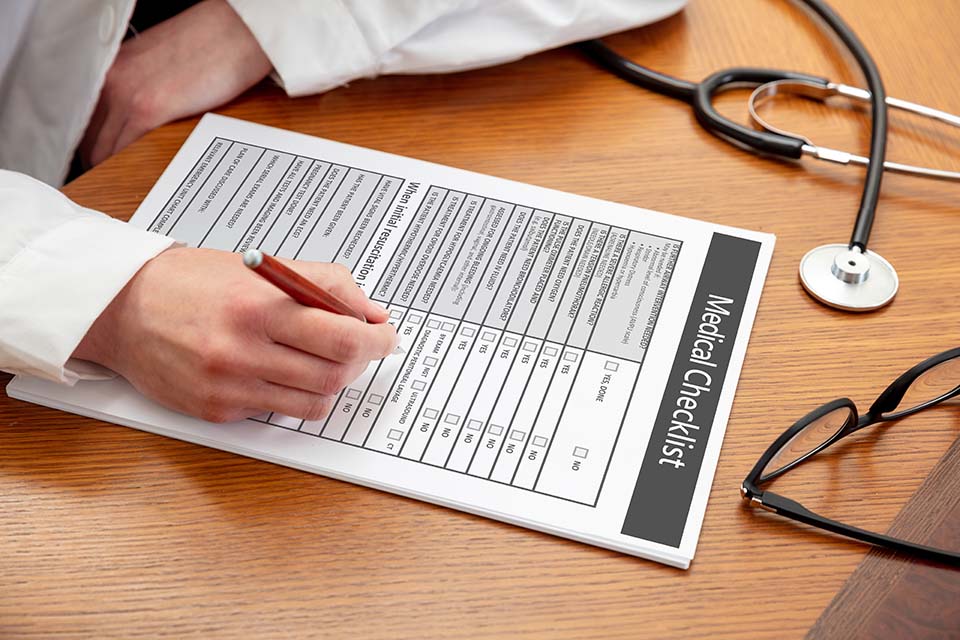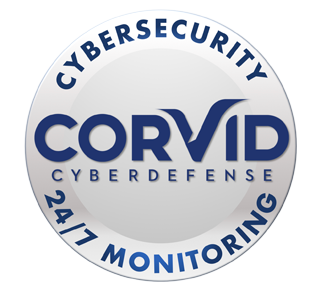 Dedicating time and headspace to planning can set you up for a health care approach that’s preventive rather than reactive, and that can offer peace of mind.
Dedicating time and headspace to planning can set you up for a health care approach that’s preventive rather than reactive, and that can offer peace of mind.
Do you have a health care notebook?
Being organized is the key to preparation during stressful times, so keep a journal or even use an app such as GoogleKeep on your smartphone.
- Notes during doctor appointments
- Questions for your provider
- Plan of action between visits
- List of medications, dosages, and regimen
- Results of recent blood work, blood pressure, and other tests
- Dates of vaccinations, ongoing treatments, and surgeries
Do you know the lingo?
Knowing the basic medical verbiage can help you with better decision-making when you’re under pressure.
- Premium: The amount you pay for your health insurance every month
- Deductible: The amount you pay for covered health care services before your insurance plan kicks in
- Co-payment: A fixed amount you pay for a covered medical service
- Coinsurance: The portion of the cost of a covered health care service you pay after you’ve paid your deductible
- Out-of-pocket maximum: The most you pay for covered services in a plan year
Do you have tools to help with Medicare?
Make it a habit to review your plan during each open enrollment period. Things change in life and coverage, and you don’t want to be caught unaware.
- What’s Covered app– You can look up whether Medicare covers a service
- Procedure Price Lookup– Discover if it’s cheaper to have a procedure done at a hospital outpatient department or an ambulatory surgical center
- Plan Finder– Compare plans based on location and review extra benefits and pricing
If you feel like you need help organizing your health care, your financial professional can help. Plus, a quick call this month might bring to light any portfolio management oversights.





















 Megan Jones joined the ILG Financial team in 2020 as marketing director. Megan and her husband live in Fredericksburg, VA with their German Short Haired Pointer, Gus. Megan is a graduate of Longwood University and holds a degree in communications. Megan is the oldest of Dave Lopez’s three children and not only enjoys working alongside her father, but also with her cousin, Chase, who joined the ILG Financial team in 2020 as an advisor. Megan is also a fully licensed Life, Health, and Annuity agent. When not at work, Megan enjoys sitting on the back porch with family and friends enjoying food and music.
Megan Jones joined the ILG Financial team in 2020 as marketing director. Megan and her husband live in Fredericksburg, VA with their German Short Haired Pointer, Gus. Megan is a graduate of Longwood University and holds a degree in communications. Megan is the oldest of Dave Lopez’s three children and not only enjoys working alongside her father, but also with her cousin, Chase, who joined the ILG Financial team in 2020 as an advisor. Megan is also a fully licensed Life, Health, and Annuity agent. When not at work, Megan enjoys sitting on the back porch with family and friends enjoying food and music. Chase Lopez joined the ILG Financial team in 2020 as an advisor. Chase is a 2016 James Madison University graduate with a degree in management. Chase has been trained under the tutelage of Dave Lopez, who is not only the founder and managing member of ILG Financial, but also is Chase’s uncle and godfather. He also enjoys working alongside his cousin, Megan, who is Dave’s daughter.
Chase Lopez joined the ILG Financial team in 2020 as an advisor. Chase is a 2016 James Madison University graduate with a degree in management. Chase has been trained under the tutelage of Dave Lopez, who is not only the founder and managing member of ILG Financial, but also is Chase’s uncle and godfather. He also enjoys working alongside his cousin, Megan, who is Dave’s daughter. Amy Anderson joined the ILG Financial team in 2023 as the client relations coordinator. Her responsibilities include scheduling of appointments, annual check-up notifications, and annuity and required minimum distribution assistance. She is a graduate of Harding University with a degree in Computer Information Systems. Amy and her husband have two children and she enjoys reading, crocheting, music and spending time with her family.
Amy Anderson joined the ILG Financial team in 2023 as the client relations coordinator. Her responsibilities include scheduling of appointments, annual check-up notifications, and annuity and required minimum distribution assistance. She is a graduate of Harding University with a degree in Computer Information Systems. Amy and her husband have two children and she enjoys reading, crocheting, music and spending time with her family. Jessica Carson joined the ILG Financial team in 2018 as an agent. Jessica and her husband have four children, two dogs, 3 barn cats, 5 chickens, and three parakeets. She indeed loves her children and pets! When not at work, Jessica enjoys playing the piano and cello as well as traveling and spending time outside with her family, hiking, fishing, and boating.
Jessica Carson joined the ILG Financial team in 2018 as an agent. Jessica and her husband have four children, two dogs, 3 barn cats, 5 chickens, and three parakeets. She indeed loves her children and pets! When not at work, Jessica enjoys playing the piano and cello as well as traveling and spending time outside with her family, hiking, fishing, and boating. Terri Center joined the ILG Financial team in 2019 as client services manager. She handles client records, application processing, and gathering information to provide a professional and friendly experience with all of our clients. Terri is a graduate of Oakland University. She is married and has two children. She enjoys hiking, family time, and puzzle challenging video games. She also likes to share her creativity in her canvas paintings and sewing projects.
Terri Center joined the ILG Financial team in 2019 as client services manager. She handles client records, application processing, and gathering information to provide a professional and friendly experience with all of our clients. Terri is a graduate of Oakland University. She is married and has two children. She enjoys hiking, family time, and puzzle challenging video games. She also likes to share her creativity in her canvas paintings and sewing projects.